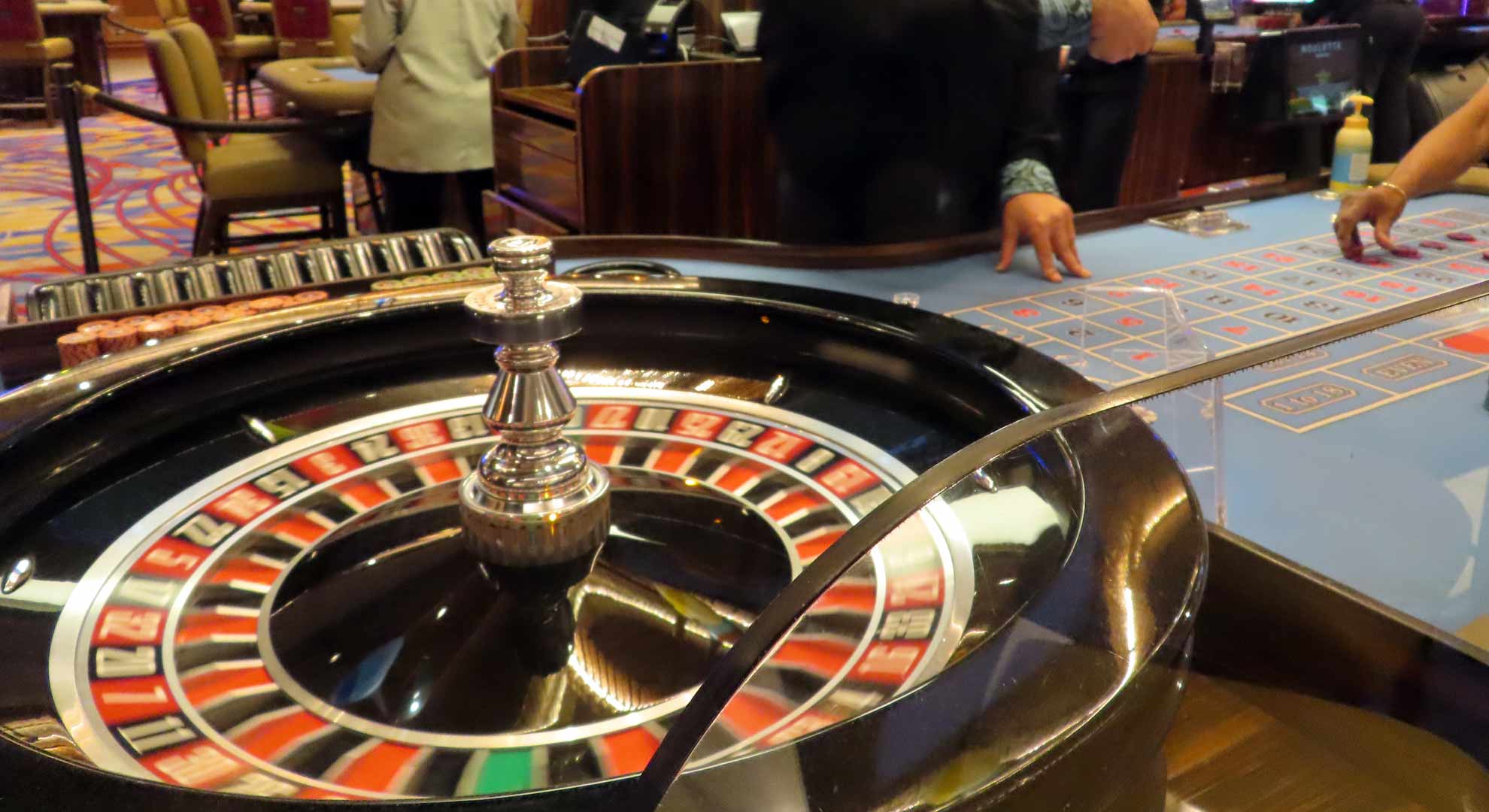How Casino Resorts Became Symbols of Power
```htmlHow Casino Resorts Became Symbols of Power
Casino resorts, once relegated to dusty desert towns and back alleys, have transformed into glittering symbols of power, wealth, and global influence. This evolution is a complex story, interwoven with economic shifts, political maneuvering, and a relentless pursuit of entertainment. Understanding how these establishments ascended to such prominence requires examining their historical roots, architectural grandeur, and the strategic partnerships that fueled their expansion.
The early days of casinos were far from glamorous. Saloons in the Wild West offered gambling as a side activity, and illegal establishments flourished in urban centers. It wasn't until the legalization of gambling in Nevada in 1931 that the foundation for the modern casino resort was laid. Las Vegas, a small desert town, quickly became the epicenter of this new industry. Early casinos were relatively modest, but their success attracted investment and innovation. Figures like Bugsy Siegel recognized the potential of creating lavish resorts that offered more than just gambling – they offered an experience.
The architecture of casino resorts plays a crucial role in their symbolic power. Gone are the days of simple gambling halls. Today's resorts are architectural marvels, often themed around exotic locations, historical periods, or fantastical concepts. The Bellagio in Las Vegas, with its iconic fountains and elegant Italian design, projects an image of sophistication and luxury. The Venetian, complete with gondolas and replicas of Venetian landmarks, transports guests to another world. These elaborate designs are not merely aesthetic choices; they are deliberate attempts to create a sense of awe and escapism, reinforcing the idea that the resort is a place of unparalleled indulgence and power.
Furthermore, casino resorts have become increasingly integrated into the broader entertainment industry. They host world-class concerts, theatrical performances, and sporting events. Renowned chefs establish restaurants within these resorts, further enhancing their prestige. This diversification allows casino resorts to attract a wider range of clientele, solidifying their position as premier destinations for leisure and entertainment. By associating themselves with high-profile events and personalities, casino resorts further elevate their image and reinforce their symbolic power.
The economic impact of casino resorts is undeniable. They generate significant revenue for local and state governments through taxes and fees. They create thousands of jobs, from dealers and wait staff to hotel managers and security personnel. Moreover, they attract tourists from around the world, boosting local economies and supporting related industries. This economic power translates into political influence, as casino operators often lobby governments to protect their interests and expand their operations. This is visible in the rise of online casino gaming. If you're looking for trusted platforms in Asia, you might want to check out m88.com live casino.
However, the rise of casino resorts as symbols of power is not without its critics. Concerns have been raised about the social costs of gambling addiction, the potential for money laundering, and the exploitation of workers. These issues highlight the complex and often contradictory nature of the industry. While casino resorts may represent wealth and success, they also raise ethical questions about the pursuit of profit and the responsibility of corporations to mitigate the negative impacts of their operations.
In conclusion, the transformation of casino resorts into symbols of power is a multifaceted phenomenon. It is a story of entrepreneurial vision, architectural innovation, and strategic partnerships. While these establishments have undoubtedly contributed to economic growth and provided entertainment for millions, it is essential to acknowledge the potential social costs and ethical dilemmas associated with the industry. As casino resorts continue to evolve and expand, it is crucial to strike a balance between economic opportunity and social responsibility, ensuring that the pursuit of power does not come at the expense of human well-being.
```tag: M88,



